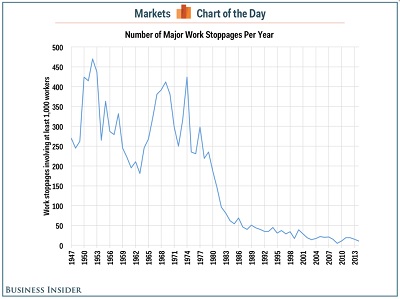I’m super excited to announce I am co-organizing the first ever Michigan Recruiters Conference to be held on March 13th in Lansing, MI starting at 9am!
Jim D’Amico, Director of Talent Acquisition at Spectrum Health, and I have been talking about doing this for over a year and late in 2014 we finally just said, “Screw it! Let’s pick a date and force ourselves to get his puppy off the ground!” And we did it! With a lot of help from Jim’s team at Spectrum, my team at HRU, our techy guy Matt Wagmann and our friends at the Accident Fund corporation!
Our Goal for the Michigan Recruiters Conference:
We want an event similar to an ERE, but local. Great recruiting and talent acquisition content, without having to pay thousands of dollars to attend. Our fee is $49! We want to raise the level of recruiting in the state of Michigan. We want to offer this in an environment where the corporate Talent Acquisition folks don’t feel like it’s a meat market (i.e., no staffing agencies).
We want to bring in national speakers, corporate talent acquisition best practices and next-gen practices that aren’t even being used by the masses. We want to network and share our successes, and find ways that corporate talent acquisition pros can better leverage each other and their knowledge. We plan on having two Michigan Recruiters Conferences per year, one in the Spring and one in the Fall.
We are not doing this for profit. The sponsors (CareerBuilder is our first, but we would love more!) and fees are only to cover costs of running a great conference like this. Sounds like we want to be a bunch of Hippies! I hope so, this is going to be great!
The format of the Conference:
Unlike normal HR conferences we aren’t looking to do 1 hour and 15 minute sessions. Who the hell even came up with that length of time!? It’s way too long, and just encourages rambling. We are Recruiters, we don’t have time to ramble! Our sessions will be 30 minutes, 45 minutes and 1 hour, depending on the content and presenter. A professional national speaker can easily hold the stage for an hour. Your local sourcing pro who has some great ideas to share, might only need thirty minutes!
We will strive to have you leave each conference with great ideas you can use immediately, ideas that will challenge what you do long term, and increase your network and tribe of other talent acquisition pros you can lean on.
It won’t be a full day. 6 hours or so. Get in, get out, go make placements.
We’ll attempt to always hold these at host corporations who are willing to have this progressive knowledge come into their walls. Thank you Accident Fund Corporate, and Darcy Kerr, for hosting this first conference in Lansing, MI!
Why no staffing agencies?
I’ve already gotten a ton of crap on this. “Tim, aren’t you a staffing agency?” “Tim don’t you rail against being treated as a second class citizen by LinkedIn?” “Tim this is hypocritical!”
Here’s the deal. I speak about a dozen times a year, nationally, to HR and Talent Acquisition pros, and never once have I been accused of trying to sell my services. I’m not worried about me, but I know my industry. I’ve already had agency folks try and sneak their way into the conference like a Catfish! To make the Michigan Recruiters Conference a success we need corporate talent acquisition pros and leaders to see the value of a conference like this. If their first experience is some cheese-ball from RecruitTech coming on to them in the first fifteen minutes, that experience is ruined. So, Jim and I decided, no agencies, yet.
We do see a time down the road, once the conference is established, where we will be able to invite in our agency brethren. Minnesota started in a similar way. Even at that point, we’ll have hard rules around selling at this conference. It’s designed to be developmental. That’s the conference we want.
Sometimes to make something great, you rub a few folks the wrong way. Agency folks are resilient, to say the least, I know they’ll bounce back. I look forward to the day I can invite them as well.

